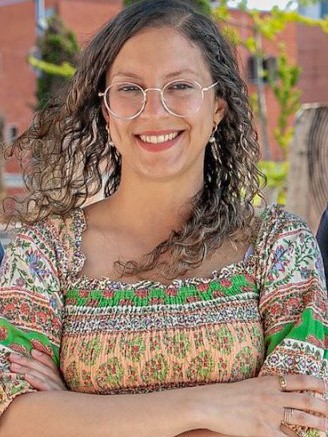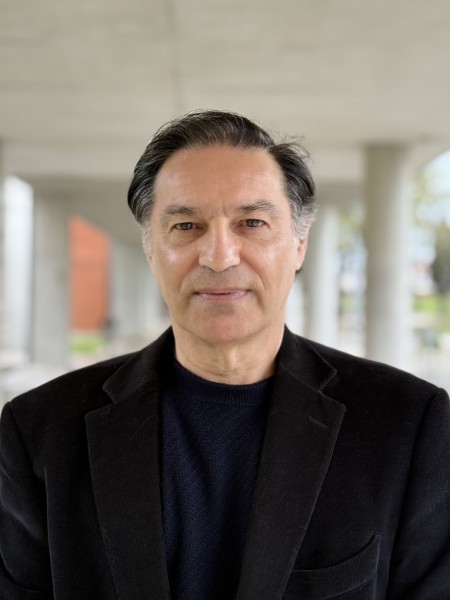abstract
Functionality in nanoengineered materials has been usually explored on structural and chemical compositional aspects of matter that exist in such solid materials. It is well known that the absence of solid matter is also relevant and the existence of voids confined in the nanostructure of certain particles is no exception. Indeed, over the past decades, there has been great interest in exploring hollow nanostructured materials that besides the properties recognized in the dense particles also provide empty spaces, in the sense of condensed matter absence, as an additional functionality to be explored. As such, the chemical synthesis of hollow nanostructures has been driven not only for tailoring the size and shape of particles with well-defined chemical composition, but also to achieve control on the type of hollowness that characterize such materials. This review describes the state of the art on late developments concerning the chemical synthesis of hollow nanostructures, providing a number of examples of materials obtained by distinct strategies. It will be apparent by reading this progress report that the absence of solid matter determines the functionality of hollow nanomaterials for several technological applications.
keywords
MESOPOROUS SILICA NANOSPHERES; HIGH-PERFORMANCE; FACILE SYNTHESIS; DRUG-DELIVERY; FIBER MEMBRANES; GENERAL FORMATION; HYBRID MATERIALS; HIGH-CAPACITY; SPHERES; NANOPARTICLES
subject category
Science & Technology - Other Topics
authors
Soares, SF; Fernandes, T; Daniel-da-Silva, AL; Trindade, T
our authors
acknowledgements
This work was developed in the scope of the project CICECO-Aveiro Institute of Materials, POCI-01-0145-FEDER-007679 (FCT Ref. UID/CTM/50011/2013), financed by National funds through the FCT/MEC and when appropriate cofinanced by the European Regional Development Fund (FEDER) under the PT2020 Partnership Agreement. S.F.S. thanks the Fundacao para a Ciencia e Tecnologia (FCT) for the PhD grant SFRH/BD/121366/2016. T.F. thanks FCT for the PhD grant SFRH/BD/130934/2017.





